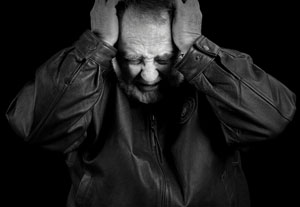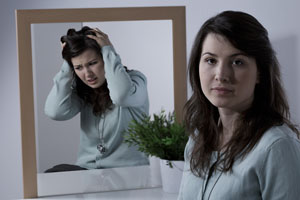Conduct & Oppositional Defiant Disorders
If you suspect your child may suffer from conduct disorder or oppositional defiant disorder (ODD), Dr. Taji Huang, Ph.D. in Glendale, California is here to help. Dr. Huang knows how to help children and parents cope with the day-to-day difficulties of conduct disorder and ODD. She brings families together, despite the challenging circumstances we all face.
Does My Child Have A Conduct Disorder?
Even though the prevalence of conduct disorder and ODD is debated amongst professionals, they are still considered among the most common childhood behavioral disorders. Most children go through times of defiance and challenging rules and authority. It’s just a part of growing and becoming independent. So, what makes the behavior of a child with conduct disorder or oppositional defiant disorder different?
While all children will display some symptoms of disruptive behavior disorders during their development, those without an actual disorder can snap out of their negative behavior and become happy and satisfied. Children who suffer from disruptive behavior disorders are hard to please, find it a struggle to be happy, and are difficult to satisfy. They also frequently display many of these symptoms:
- Unwillingness To Compromise Or Negotiate
- Blatant, Repeated Disobedience
- Refusal To Follow Adults Rules
- Hostility Towards Others
- Frequent Temper Tantrums
- Trying To Annoy Others
- Difficulty Making Friends
- Speaking Before thinking
- Persistent Negativity
- Frequent Frustration
- Frequent Misbehavior
- Blaming Others
- Stubbornness
Conduct Disorders And Oppositional Defiant Disorder
Disruptive behavior disorders look different from child to child, depending on age, gender, childhood environment, as well as other factors. If your child demonstrates several of these signs, it’s important to get your child in for a professional evaluation with a conduct disorder therapist.
While there isn’t one specific known link to conduct disorder or oppositional defiant disorder, there are many different factors that can contribute to its development including genetics and physical development. Causes or environmental factors that can contribute to the occurrence of disruptive behavior disorders include:
- Emotionally Charged Home Environments
- Exposure To Violence, Abuse, And Neglect
- Exposure To Drugs And/Or Alcohol
- Inconsistent Parenting
Effective Treatments For Children
Fortunately, for you and your child with a disruptive behavior disorder, treatment is available. Dr. Taji Huang, Ph.D. can help you understand how to best help your child overcome their disorder and succeed in life. She helps children learn important social skills, as well as learn how to communicate feelings effectively and appropriately. She also teaches proper ways to manage anger and frustration.
Get Help Today
With vast experience and knowledge in a wide variety of mental health treatments, Dr. Taji Huang, Ph.D. in Glendale, California is the one to go to for help in overcoming a disruptive behavior disorder. She accepts many insurances, and payment options are available. Call today for your free consultation.











